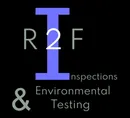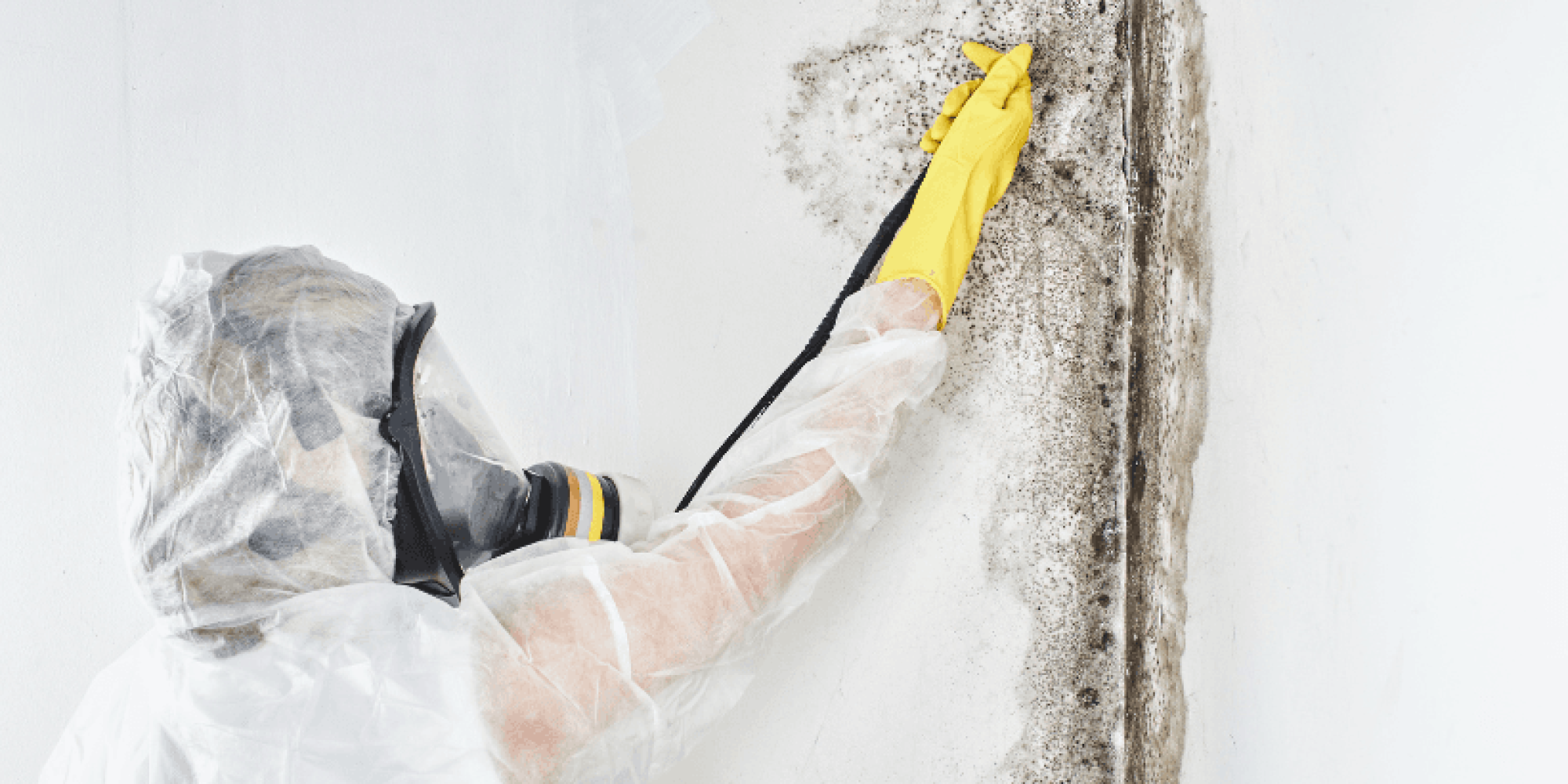The distinct musty odor. The unsettling dark spots creeping along a baseboard or ceiling. The unexplained allergy symptoms that seem to flare up only at home. In a city like Indianapolis, with its humid summers, cold winters, and potential for basement moisture, these signs are more than just nuisances—they are red flags pointing to a potential mold infestation.
While the immediate urge might be to grab a bottle of bleach and scrub, this often does more harm than good, temporarily bleaching the visible spores while leaving the root colony untouched. The only way to truly protect your property and your health is to start with a professional assessment. This guide will explain why hiring a certified mold inspector in Indianapolis is a critical first step, what the process entails, and how to choose a qualified professional like R2F Inspections to get you accurate answers and peace of mind.
What Does a Certified Mold Inspector in Indianapolis Actually Do?
Many people confuse a mold inspection with a simple visual check. While a visual assessment is a component, the role of a certified mold inspector in Indianapolis is far more scientific and comprehensive. Their job is not to remove the mold but to act as a detective, identifying the presence, type, and quantity of mold spores in your environment and, most importantly, locating the source of the moisture that is feeding it.
A qualified professional will:
Conduct a Detailed Visual Inspection:
This involves a meticulous examination of common problem areas: basements, crawl spaces, attics, around plumbing fixtures, under sinks, and behind appliances. They use tools like borescopes to see inside walls and moisture meters to detect hidden dampness.
Perform Air Quality Sampling:
Mold spores are airborne. An inspector will collect air samples from both the indoor suspect area and the outdoor air to establish a baseline. This comparison determines if the spore count inside your home is abnormally high.
Take Surface Samples:
If visible mold is present, they may take tape-lift or swab samples. This allows for precise laboratory identification of the mold genus and species, which is crucial for understanding potential health risks and planning remediation.
Identify Moisture Sources:
This is the most critical part of the inspection. Without finding and fixing the moisture problem—whether it’s a leaking pipe, poor ventilation, roof leak, or foundation seepage—any mold removal will be temporary. The inspector will pinpoint the exact cause.
Provide a Detailed Report:
You will receive a comprehensive report not just stating that mold was found, but detailing the types of mold, spore concentration levels, the location of moisture intrusion, and a clear scope of work for a remediation company to follow.
Why Certification Matters: Don’t Trust Your Health to an Amateur
In Indiana, mold inspection is an unlicensed field, meaning virtually anyone can call themselves an inspector. This makes choosing a certified professional absolutely essential.
- Adherence to Industry Standards: Certified inspectors, such as those with credentials from organizations like the American Council for Accredited Certification (ACAC) or the International Association of Certified Indoor Air Consultants (IAC2), follow strict industry standards like the IICRC S520. This ensures their methods are scientifically sound and their findings are reliable.
- Objectivity and Impartiality: A key benefit of hiring a certified mold inspector in Indianapolis like R2F Inspections is that we do not perform remediation. This eliminates any conflict of interest. Our only goal is to provide you with an accurate, unbiased assessment of the problem. We have no financial incentive to find mold where it doesn’t exist or to overstate the problem.
- Proper Equipment and Knowledge: Certification requires rigorous training on how to properly use advanced equipment like moisture meters, thermal imaging cameras, and calibrated air pumps. They understand building science and how homes manage moisture, which is vital for finding the true source.
- Defensible Data: If you need to make an insurance claim or have legal concerns (e.g., a landlord-tenant dispute), a report from a certified inspector carries significant weight due to its scientific rigor and adherence to protocols.
The R2F Inspections Process: Thorough, Scientific, and Clear
When you choose R2F Inspections, you are choosing a process designed for accuracy, transparency, and your ultimate peace of mind.
- Pre-Inspection Consultation: We discuss your concerns, symptoms, and any visible signs you’ve noticed to help guide our inspection.
- Comprehensive On-Site Investigation: Our certified mold inspector in Indianapolis will conduct a full visual and tactile inspection, using thermal imaging to find hidden cold spots (indicating moisture) and moisture meters to quantify dampness in materials.
- Strategic Sampling: Based on our findings, we will take air and surface samples from the most relevant locations to build a complete picture of your indoor air quality.
- Laboratory Analysis: Samples are sent to an independent, accredited third-party laboratory for analysis. This ensures unbiased, accurate results.
- Detailed Reporting & Review: We provide you with an easy-to-understand yet thorough report that translates the lab data into actionable steps. We review the findings with you, explaining what the results mean for your home and health.
Serving Indianapolis and Central Indiana: Your Local Mold Experts
R2F Inspections is proud to provide certified mold inspection services to homeowners and businesses across the Indianapolis metropolitan area and throughout Central Indiana. Our understanding of the local climate and common architectural styles in the region allows us to effectively pinpoint moisture issues unique to our area.
We serve neighborhoods from the historic homes of Irvington and Meridian-Kessler to the modern subdivisions of Fishers and Carmel. We provide expert assessments in Broad Ripple, Zionsville, Greenwood, Speedway, and surrounding communities in Marion, Hamilton, Boone, Hancock, and Johnson counties. Wherever you are in the Indy area, our local expertise is your advantage.
Frequently Asked Questions (FAQ)
Q1: How much does a certified mold inspection cost in Indianapolis?
A: The cost depends on the size of the property and the scope of the inspection. A standard single-family home inspection typically ranges from $300 to $600. This investment is minimal compared to the cost of unnecessary remediation or the health impacts of untreated mold.
Q2: How long does the inspection process take?
A: The on-site inspection usually takes between 1-3 hours, depending on the property’s size and complexity. The laboratory results typically take 24-48 hours to process. You will receive your comprehensive report soon after we receive and interpret the lab data.
Q3: Can’t I just use a DIY mold test kit from a hardware store?
A: We strongly advise against it. These kits are notoriously unreliable. They are prone to false positives (from outdoor spores contaminating the sample) and false negatives. They cannot identify the moisture source, quantify the spore levels in your air compared to the outside, or provide a defensible report for insurance or legal purposes.
Q4: What if the inspection finds mold?
A: Our detailed report will provide a clear roadmap. It will identify the species and concentration of mold and, crucially, the source of the moisture. You can then use this report to get accurate, comparable bids from qualified remediation companies. We can also provide post-remediation verification testing to ensure the cleanup was 100% successful.
Q5: Are all types of mold dangerous?
A: While all molds have the potential to cause allergic reactions and respiratory irritation in sensitive individuals, some types, like Stachybotrys chartarum (often called “black mold”), produce mycotoxins that can lead to more severe health issues. Identifying the specific type of mold is important for understanding the health risks and necessary safety precautions during removal.
Conclusion: Knowledge is Your First Line of Defense
Suspecting a mold problem can be stressful, but uncertainty is worse. Guessing and DIY solutions can waste money and prolong your exposure. A professional inspection from a certified mold inspector in Indianapolis provides the factual data you need to make informed decisions, protect your property’s value, and safeguard your family’s health.
Don’t let uncertainty linger in the air. Contact R2F Inspections today to schedule your comprehensive assessment with a trusted, certified professional. Gain the clarity and confidence you need to move forward.

